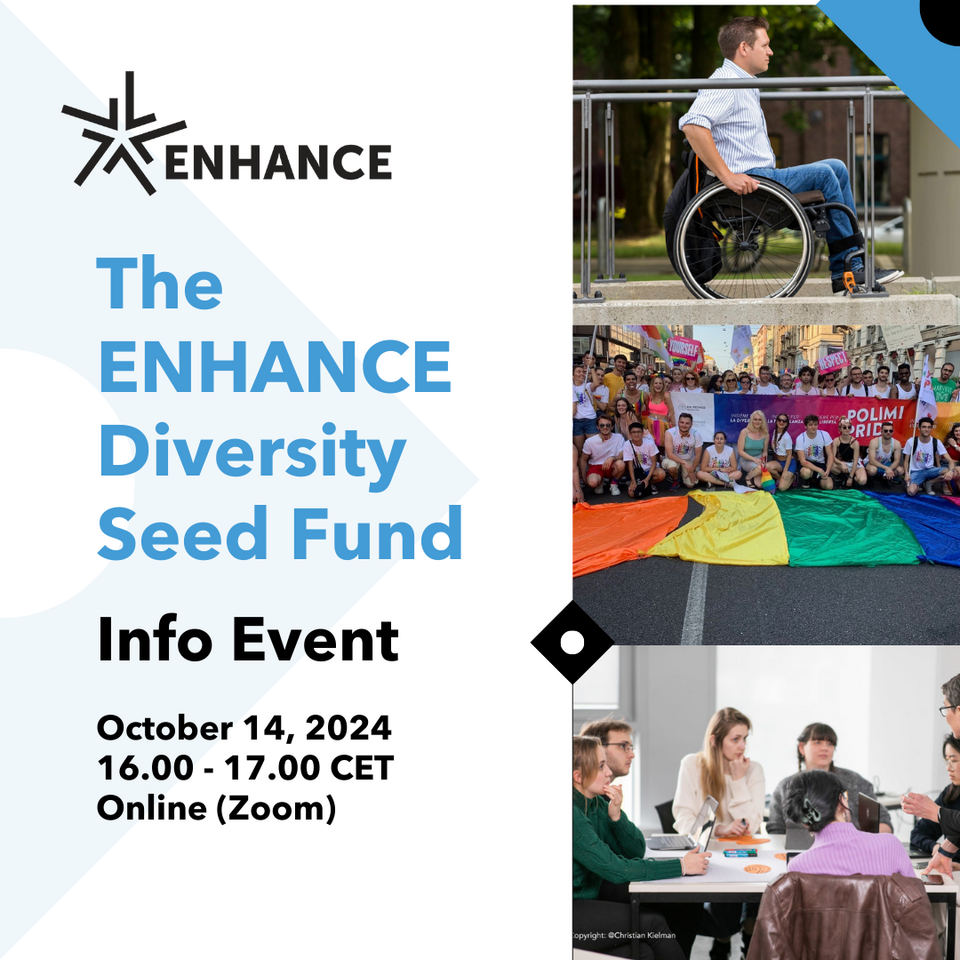Protective Optimization Technologies: a proposal for contestation in the world rather than fairness in the algorithm
Protective Optimization Technologies: a proposal for contestation in the world rather than fairness in the algorithm 20 September 2021 16:00 - By: Seda Gürses This Responsible Use of Data Seminar is organised by The Academic Fringe Festival (TAFF). Abstract: Fairness frameworks proposed by computer scientists have come into vogue as a way to address the economic, moral, social, and political impact that digital systems have on populations. These frameworks succeed, in part, by narrowing the problem definition to reduce complexity. Not surprisingly, this simplification limits the ability of these frameworks to capture and mitigate a variety of harms caused by AI based optimization systems. In this talk, Seda will first characterize these limitations and evaluate their consequences using concepts from requirements engineering and from social sciences. In particular, she will show that the focus on the inputs and outputs of algorithms misses the way that harms are manifested when systems interact with the "world"; the focus on bias and discrimination excludes broader harms on populations and their environments due to the introduction of optimization systems ; and, most strikingly, the frameworks' reliance on the service provider focuses on mitigations possible through an incentivized service provider and does not explore avenues of action in cases where they are not cooperative or intentionally adversarial. To broaden the scope of the field we propose a new class of solutions that explore other approaches to capturing harms and contesting optimization systems: Protective Optimization Technologies (POTs). POTs take into account the negative impacts of systems in the world and provide means to influence the systems' outputs to mitigate these harms. POTs intervene from outside the system, and are intended to function when the service provider is not cooperative or when they are not able to correct the harms that their system imposes on populations and their environments. Want to join this talk?To receive the Zoom link to join the talk, join the mailing list .





